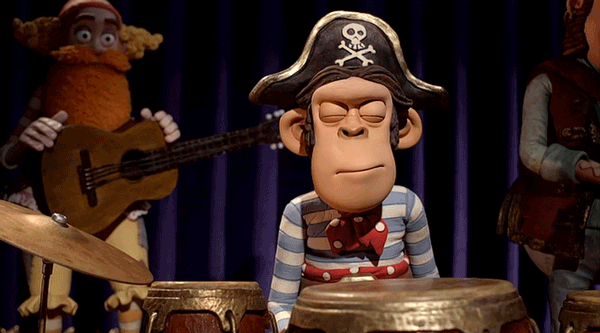cageymaru
Fully [H]
- Joined
- Apr 10, 2003
- Messages
- 22,086
The US Senate has passed the Orrin G. Hatch Music Modernization Act. This law lays the framework and thus 'modernizes' for how artists should be compensated for their works in a digital age. The US Senate used a process called 'hotlining' where a bill is moved forward quickly when it has unanimous support. There were a couple of senators opposed to the bill on behalf of SiriusXM, but they eventually capitulated and supported the bill. The bill now goes before the United States House of Representatives for a vote where it is expected to pass as it did earlier this year.
"Artists who made music prior to 1972 are getting a raw financial deal because of an antiquated loophole in our legal system. Our bill will close that loophole and finally give the recognition and compensation that these artists deserve. Louisiana is the birthplace of jazz. Artists like Fats Domino who contributed to that uniquely New Orleans sound are pioneers. They deserve fair protection and payment for their contributions," said Kennedy. "I am proud to be a part of this effort."
"Artists who made music prior to 1972 are getting a raw financial deal because of an antiquated loophole in our legal system. Our bill will close that loophole and finally give the recognition and compensation that these artists deserve. Louisiana is the birthplace of jazz. Artists like Fats Domino who contributed to that uniquely New Orleans sound are pioneers. They deserve fair protection and payment for their contributions," said Kennedy. "I am proud to be a part of this effort."
![[H]ard|Forum](/styles/hardforum/xenforo/logo_dark.png)
